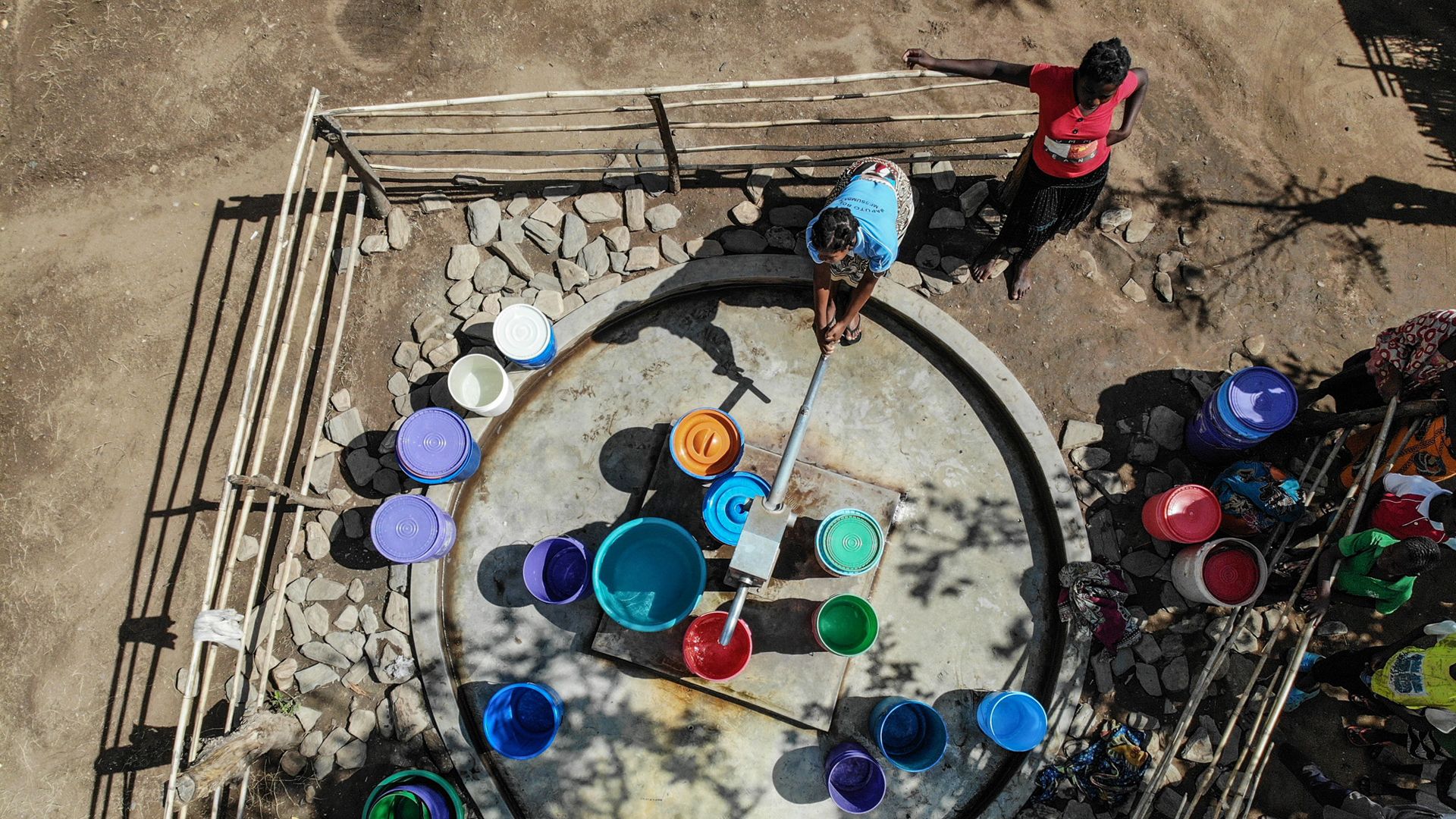Mosambik
Mit ihrem Kooperationsprogramm 2022-2025 setzt sich die Schweiz in Mosambik für einen besseren Zugang zu qualitativ guten Grunddienstleistungen sowie für die Entwicklung von Wirtschaft, Beschäftigung und Einkommen ein. Sie unterstützt lokale Projekte vor allem in den drei nördlichen Provinzen Cabo Delgado, Niassa und Nampula. Auf nationaler Ebene beteiligt sie sich aktiv am Politikdialog zur Armutsbekämpfung.

Kontakt
DEZA / Ost- und südliches Afrika
Eichenweg 5
3003 Bern
Eichenweg 5
3003 Bern

